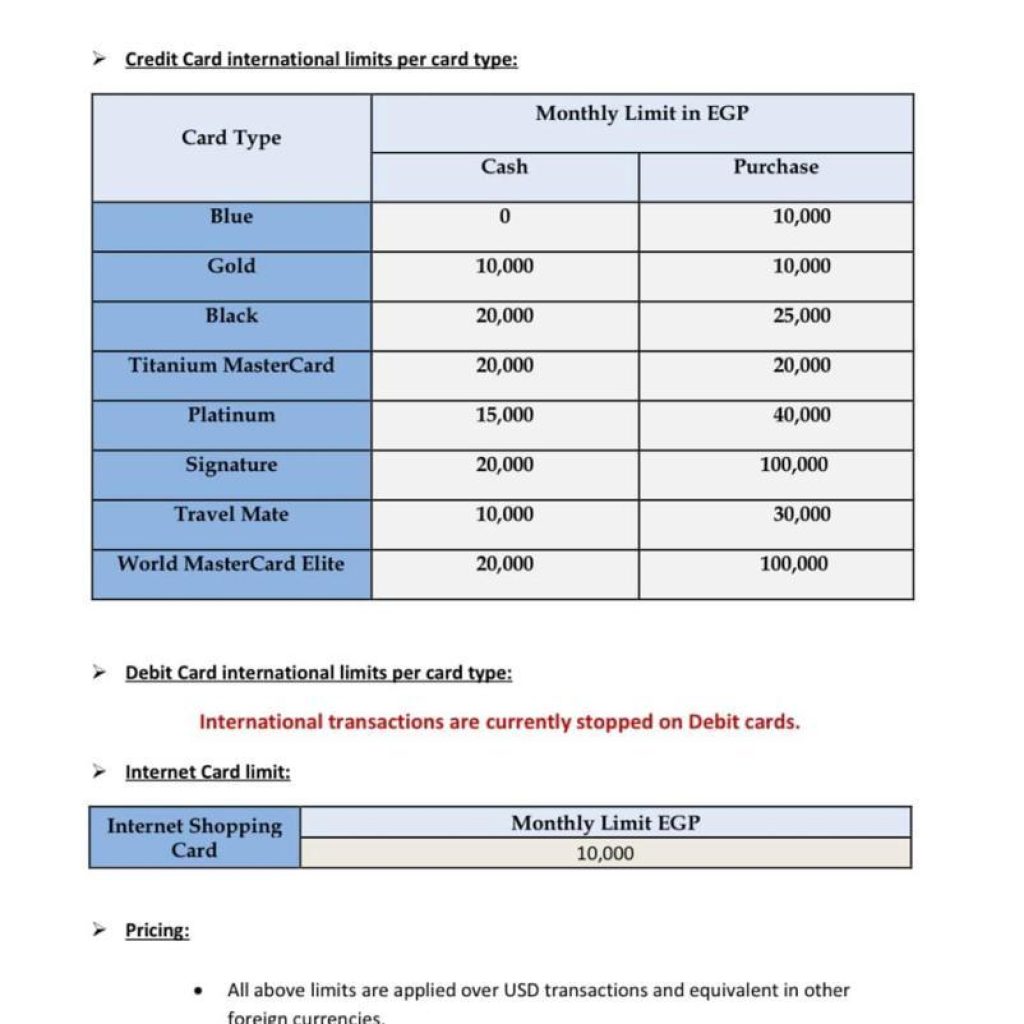Deputy Governor of the Reserve Bank of India (RBI), T Rabi Sankar, has expressed concerns about stablecoins, warning that they pose an existential threat to policy sovereignty. Speaking at an event organized by the Indian Banks’ Association, Sankar emphasized that stablecoins, while beneficial to certain economies, can potentially replace the local currency and transfer profits from the government to private issuers.
Implications for policy sovereignty and dollarization risk
According to Sankar, stablecoins linked to underlying currencies offer an alternative to central bank digital currencies (CBDCs) and can provide international benefits, particularly to economies like the United States and Europe. However, he cautioned that stablecoins may not be advantageous for countries like India due to the transfer of seigniorage and the potential risk of dollarization. Sankar also emphasized on the importance of considering the impact on India’s capital regulations and monetary policy when allowing stablecoins to operate within the country.
Furthermore, Sankar highlighted the need for caution, drawing from experiences in other countries where stablecoins have threatened policy sovereignty. He believes that a stable and viable solution is for each country to develop its own CBDC, establishing a mechanism that allows CBDCs to interact and transact with one another. While CBDCs are being used as policy instruments in several jurisdictions, Sankar clarified that the RBI currently has no plans to introduce a CBDC in India.
Advantages of CBDCs and cross-border transactions
Addressing the use cases of CBDCs, Sankar stressed their significance for global transactions, particularly cross-border remittances. He highlighted the inefficiencies inherent in the current global payment system, where transactions are predominantly routed through a limited number of entities, resulting in high costs even for small-value cross-border remittances. Sankar called for diversifying the system to reduce these inefficiencies, referencing World Bank estimates that place the average cost of cross-border small-value remittances at 6%.
Furthermore, Sankar urged banks to reevaluate their remittance structures, noting that with the availability of advanced technology and innovation, the high foreign exchange margins and remittance charges can no longer be justified.
Global concerns and regulatory alignment
Sankar’s remarks echo the concerns raised by emerging economies within the G20 forum regarding stablecoins. The issue of global stablecoin regulation has become a point of contention between the Group of Seven (G7) representing advanced economies and the G20, representing both emerging and advanced economies.
Sankar’s comments align with the G20’s ongoing discussions, with India currently holding the G20 presidency. While the G7 nations have expressed their intent to adhere to the Financial Stability Board’s forthcoming recommendations on stablecoins’ impact on financial stability, the G20 aims to align with a synthesis paper jointly produced by the International Monetary Fund (IMF) and the Financial Stability Board, expected later this year.





